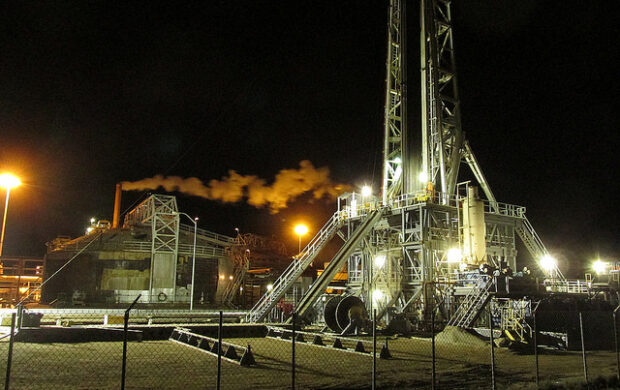According to a new study by Researchers from the Technical University of Munich (TUM) in Germany, the production and use of Bitcoin is causing annual carbon emissions of up to 22 megatons, which is “comparable to the total emissions of cities such as Hamburg, Vienna or Las Vegas”. Despite being a virtual currency, Bitcoin consumption is responsible for huge amounts of energy consumption.

For a successful Bitcoin transfer, a user has to solve a mathematical puzzle in the global Bitcoin network. The computing capacity used in this process, known as Bitcoin mining, has increased to unprecedented amounts in recent years, quadrupling in the last year alone. New sets of transactions are added to Bitcoin’s blockchain roughly every 10 minutes by ‘miners’. This stark rise has had severe repurcussions in terms of environmental damage and according to the study it “raises the question of whether the cryptocurrency is imposing an additional burden on the climate”.











